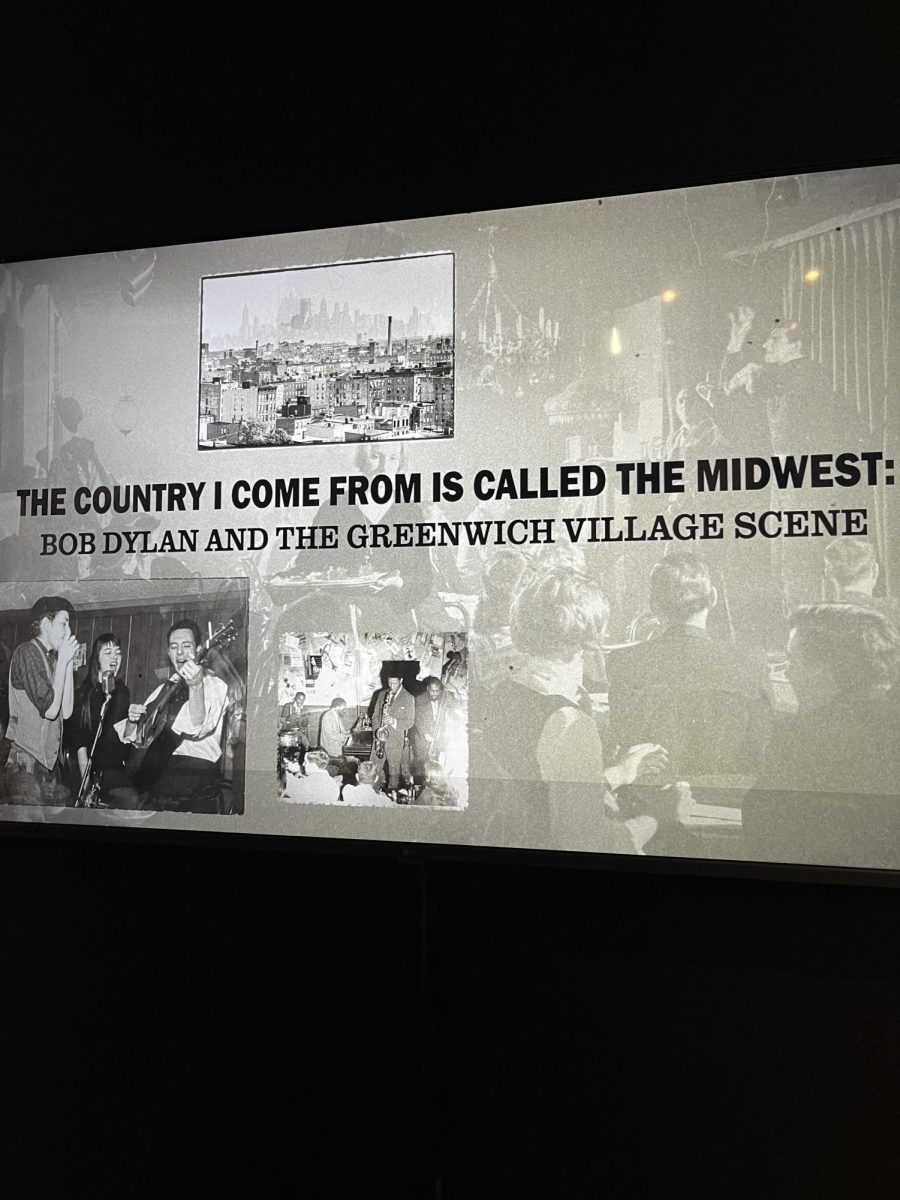Female pop stars have the spotlight right now. From Chappell Roan to Sabrina Carpenter to Olivia Rodrigo, these stars are selling out stadiums and building impressive fan bases. However, with attention inevitably comes comparison. This is a common theme for women in the music industry, who are consistently pitted against each other. Why does this happen? What can we do to better celebrate individual success?
Misogyny is a hallmark of the music industry that forces female artists to work twice as hard to be taken seriously. They are dismissed, ignored or sexualized rather than respected for their craft. Taylor Swift’s career is a great example of this struggle against sexism.
Throughout her career, Swift has been the target of sexist remarks. She has been mercilessly shamed for writing about her feelings and romantic relationships, while male artists who do the same go unchallenged. Swift’s critics speculate about her romantic life, letting that rather than her talent define her. Why has she been sexualized and reduced to her romantic relationships?
Because the public cannot handle a woman who is successful based on her own talent and hard work alone. Misogynists zero in on the idea that Swift capitalized off her romantic relationships to discredit her success. In “slut shaming” her, they attempt to reclaim power over her. Critics do not just sexualize successful women; they also pit them against other successful women. Swift and Beyoncé have continuously been compared to each other despite having different music styles and being long-time supporters of each other.
These forms of comparison and discrimination create higher standards of success for women, especially for women of color who have to work against both sexism and racism. These standards culminate in an unattainable stereotype that women are compared against. The ideal woman is chaste, modest, conventionally attractive and unthreatening to the men dominating her. Not only is this standard impossible to achieve, but it is also based on unfounded and outdated ideals. Comparison strips women of their autonomy and individuality. This is deeply troubling for the music industry, which is supposedly based on art and expression.
Can women in the music industry escape the claws of competition?
While successful women are a threat to the patriarchy that the music industry clings to, by reclaiming their image and prioritizing solidarity with their fellow female artists, women can resist the stereotypes assigned to them and encourage a culture of respect and encouragement in the music industry.
Sexism relies on women to remain subordinate and passive. Swift, having long had sexist comments defining the public’s opinion of her, began to reclaim her image through what she does best: writing songs. In her song “The Man,” Swift called out the double standards of male and female artists’ treatment. She touched on how much harder women must work to be taken seriously in their careers and imagines her unshackled success as a man. This song helps listeners notice sexism in their lives and fight against it, while also reflecting on their treatment of women in the music industry.
In her 2019 hit, “You Need to Calm Down,” she sings, “And we see you over there on the internet / Comparing all the girls who are killing it / But we figured you out / We all know now, we all got crowns.” Again, Swift called out how the media pits women in the music industry against each other while encouraging women to recognize their shared X chromosome. With these songs, she clarifies that she is both a talented artist and an advocate for challenging double standards.
Artists have control over their image to an extent, but real change comes not simply from individual action but, more importantly, through solidarity.
In a 2017 interview with Coveteur, Ariana Grande spoke on the importance of supporting other artists, stating: “I think the most important thing is to have each other’s backs. When you see something or hear something that’s upsetting, or someone says something that’s upsetting, even if it’s not to you, just say something and be there and support each other… Misogyny is ever-present, and we have to be there to support one another. That’s really it. It’s about the sisterhood. There’s no competing in that. We have to lift each other up, not try and claw each other down.”
A recent example of this move from competition to sisterhood is Billie Eilish’s response in an interview with the Los Angeles Times, where she was asked if she felt threatened by rising pop stars like Roan and Carpenter. To this, she responded, “Are you kidding me? I’m so happy for these b*****s. It’s a crazy world when you get to the level they’re experiencing right now, and they’re doing great. Fans are drawn to them because they’re f***ing awesome.” Eilish’s response shows the importance of challenging misogyny with solidarity and encouragement of other women. She emphasizes that fans love them for a reason. They are talented individuals who connect with audiences. They have something to say and should not be torn down simply because they are good at what they do. As shown by Eilish, counteracting competition by celebrating others is the backbone of solidarity among female singers.
As a new wave of female pop stars rushes in, it is more important than ever to analyze how we treat women in the music industry and pave the path for a culture that celebrates individuality and respects women.

















































































































































































































